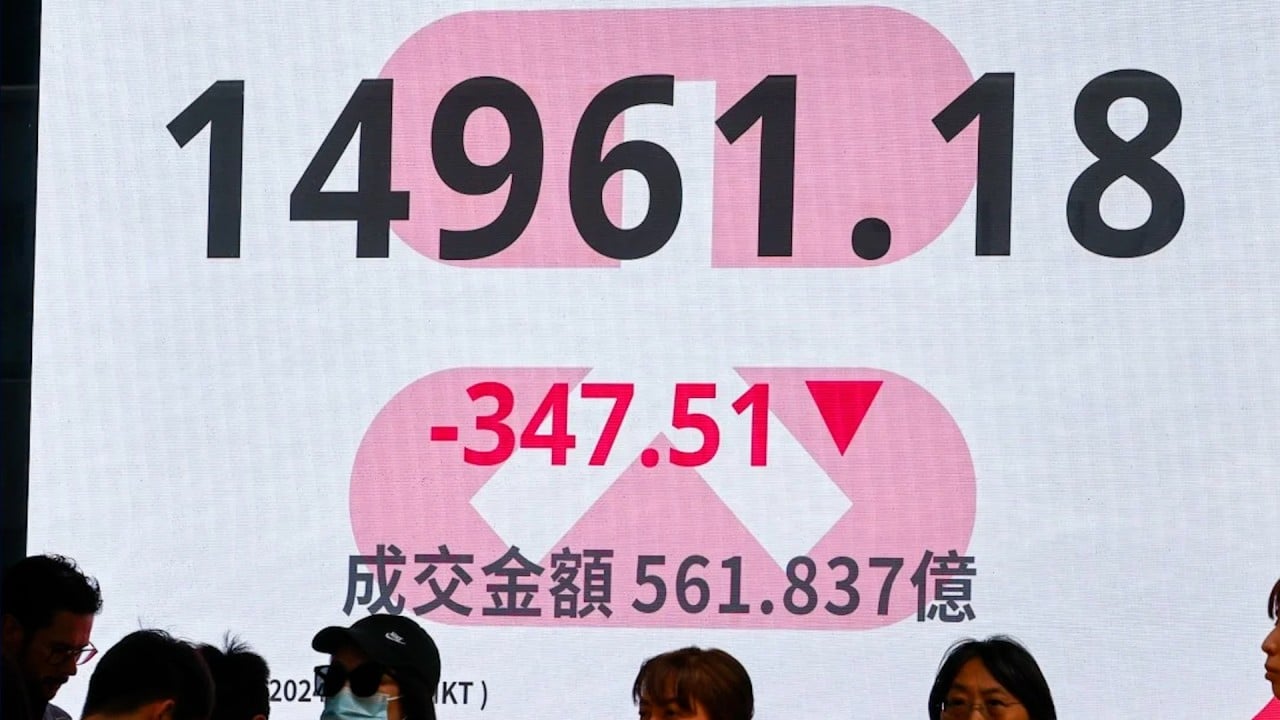Value of Chinese businesses listed on US stock exchanges dropped significantly in 2023
- Report by US-China Economic and Security Review Commission finds the value of roughly 256 Chinese companies on US markets slid 17.5 per cent from 2022
- Panel says 24 Chinese firms listed on US exchanges in the past year but that 11 firms delisted, including state-owned China Eastern Airlines and China Southern Airlines

The value of Chinese companies listed on US stock exchanges fell significantly last year as Beijing pressured state-owned firms to return home, even as the number of listed Chinese firms increased modestly, a Congressional review has found.
Some 256 Chinese companies are now listed on the New York Stock Exchange, Nasdaq and NYSE American exchanges worth a combined US$848 billion, according to a report Tuesday by the US-China Economic and Security Review Commission. That compares with the 252 companies valued at US$1.03 trillion a year ago, a 17.5 per cent decline.
“Chinese stocks are facing a lot of headwinds, but it may not be as bad as what the headlines might seem,” said James Hinote, geopolitical officer at consultancy DEP Global. “Obviously there’s a huge discrepancy in total market capitalisation. But some of that comes from just Chinese markets slipping.”
Chinese company profits and share prices have fallen sharply, with Chinese and Hong Kong shares ending 2023 down 10 per cent, some of the world’s worst performing equity markets.
Among the risks confronting shareholders in Chinese businesses are limited transparency and the danger they will undercut US national security by purchasing shares in dual-use civilian and military Chinese firms.

